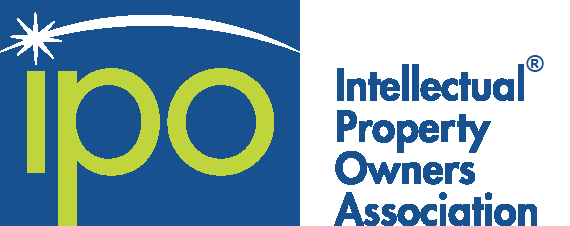The U.S. Supreme Court’s recent decision not to grant certiorari in Ariosa v. Sequenom was a sharp disappointment to many inventors and patent owners who had hoped the Court would revisit and clarify its views on patent eligibility after its decisions in Mayo and Alice. But that was not to be. As a result, the two industries most wounded by Mayo and Alice — life sciences and computer software — must look for paths ahead without any reprieve from the Justices. Recent Section 101 cases from the U.S. Federal Circuit and ex parte PTAB decisions can serve as signposts for both the life sciences and software industries. Our industry-specific panel is made up of a technically-savvy in-house counsel and two top law firm patent prosecutors. They will discuss cases such as:
- Rapid Litigation v. CellzDirect, where in early July, the U.S. Federal Circuit panel reversed a district court’s holding that claims to a method of isolating and preserving liver cells were patent-ineligible. The appellate court held that the claims did not encompass a judicial exception (step one of the Mayo/Alice analysis). The same kind of analysis helped save patents involving self-referential software databases in Enfish v. Microsoft this spring.
- Bascom v. AT&T, where in June the U.S. Federal Circuit reversed a district court’s finding that Bascom’s patent for filtering internet content failed step two of the Mayo/Alice The U.S. Federal Circuit stated that “the inventive concept inquiry requires more than recognizing that each claim element, by itself, was known in the art. . . an inventive concept can be found in the non-conventional and non-generic arrangement of known, conventional pieces.” Life science experts believe this finding can also help life science patents.
Our panelists will give specific tips for drafting and prosecuting patents in their industries to avoid Section 101 rejections, resulting in patents that will withstand patent-eligibility attacks in litigation.
Speakers:
Stephen Durant, Schwegman, Lundberg & Woessner, P.A.
Michelle Macartney, Intellectual Ventures, LLC
Amir Penn, Brinks Gilson & Lione

